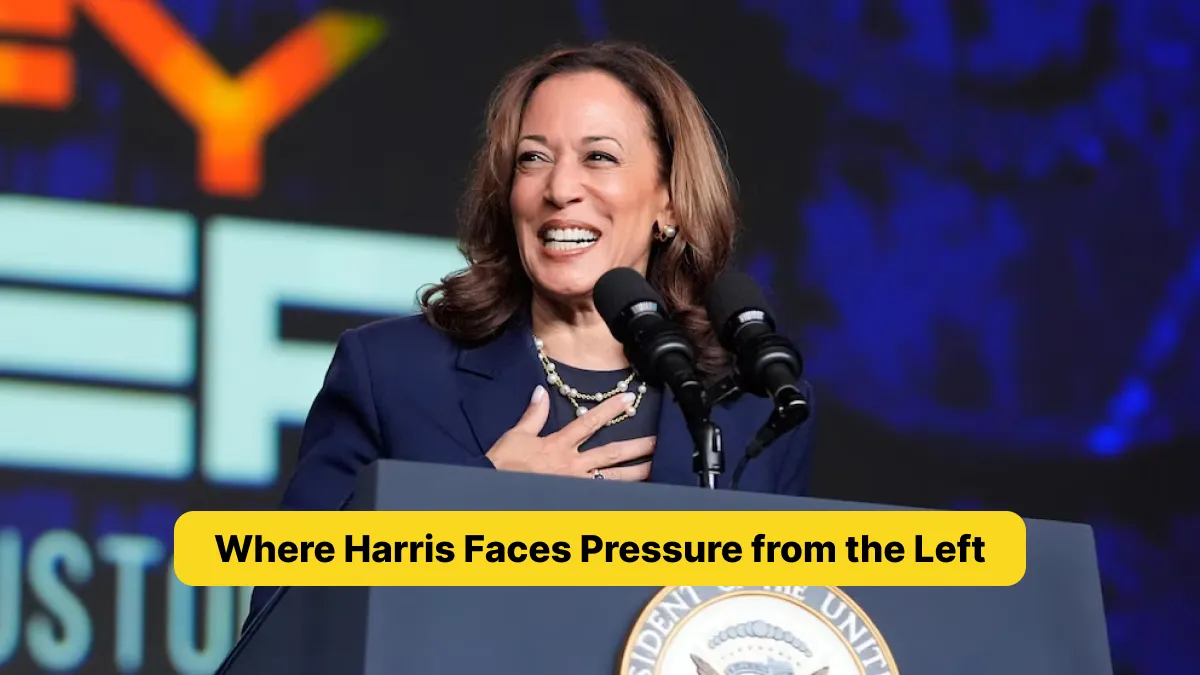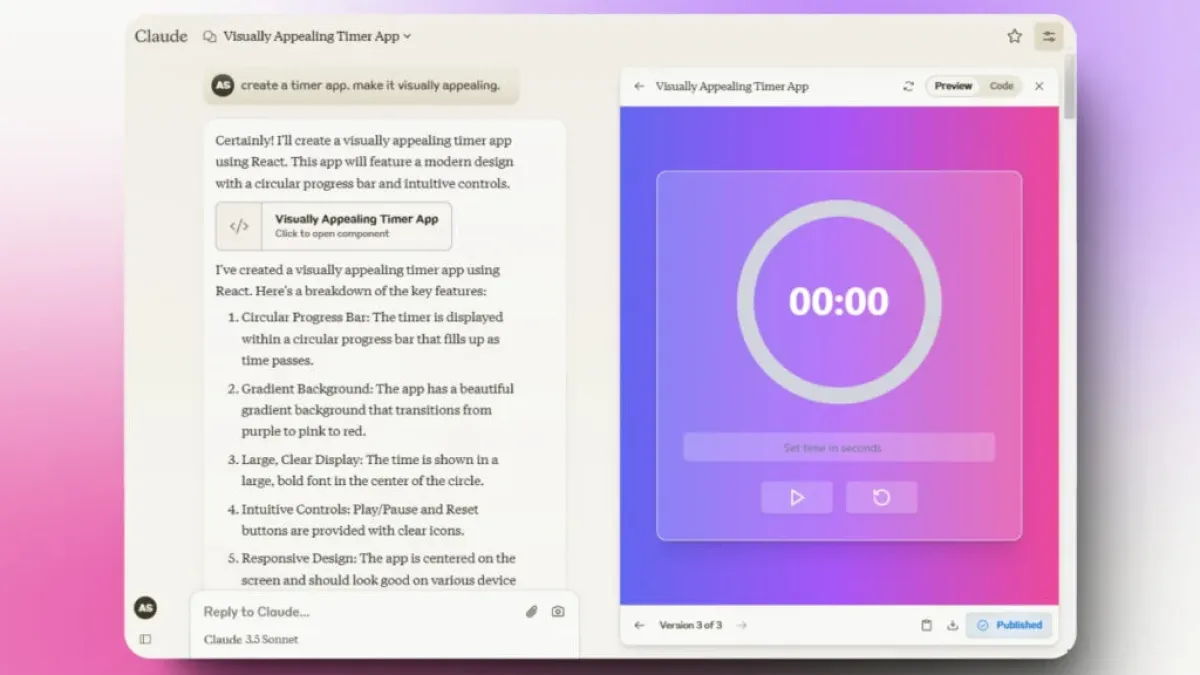Kamala Harris, being the Vice President of the United States, faces enormous pressure from the left-wing following the political sphere. Activists and elected officials in the Democratic Party are working hard in pressuring the Vice President to adopt more progressive policies and take action. The paper will establish the sources of pressure and the reactions so far obtained from Harris.
Growing Discontent Among Progressives
The pressure on Kamala Harris comes out of a myriad of issues close to the hearts of progressive Democrats: climate change, healthcare reform, and social justice. Indeed, activists and progressive lawmakers have been very loud in expressing their disappointment with what they say has not been enough by the administration on these critical issues.
For instance, Harris has failed to exert his efforts in pressuring policies against climate disaster, as many environmental groups have been criticizing. They believe that the administration has to take major steps against global warming. The policies of the near past are not matching the talk of the campaign one bit, argues these groups.
Another area in which disappointment lingers for progressives is in the matter of healthcare reform. Several people are of the view that the administration has to do more about making access to health care expanded. They want more stringent steps taken for affordable care to be within the reach of all. According to progressives, their agenda offers much more in terms of achieving the needs of the uninsured and underinsured than the administration’s approach.
Specific Areas of Concern
Of course, Kamala Harris is not spared in the area of criminal justice reform. Progressive activists want to make big systemic changes in the justice system. They are calling for reforms to contribute toward systemic racism and to treat more leniently those who fall into categories of the traditionally oppressed communities. With a background in law enforcement, the policies she had made while being a prosecutor have been criticized by many. Activists argue that such policies were too punitive and out of step with the current mood of reform.
Another problem is student loan debt. According to many progressives, the administration did little to help lighten the mounting burden of student loans young Americans carry. They think that real relief for those crushed by student debt demands bolder action.
Harris’s Responses to Criticism
Indeed, Kamala Harris was responding to this criticism. She has taken time to reassure the public of how the administration is working round the clock to address this issue, though at a slower pace than most people would want. On the climate crisis, Harris referred to the recent flurry of executive orders designed to constrain carbon emissions and to invest in green energy. According to her, though these steps do not fulfill all the demands of progressive activists, they are in the right direction.
On health care reform, Harris highlights the administration’s efforts to improve access to health insurance and reduce prescription drug prices. She has supported legislation aimed at “improving” Obamacare. However, she does realize that much remains to be done to meet the expectations of activists and many progressive lawmakers.
She has joined in to acknowledge the need for reforms within the criminal justice system. Harris voted for the measures hoping to rectify racial disparities and areas that would deal with better policing practices. However, the criticism she is hit with remains unabated from those who feel that her record as a prosecutor aligns imperfectly with her statements on reform.
The Balancing Act
It had presented Kamala Harris with the inexhaustible challenge of balancing the demands by progressive activists and at the same time appearing wider to the electorate as a whole. The Democratic Party is a diverse party that ebbs and flows with various viewpoints on key solutions. Harris must walk a fine line while trying to preserve party unity.
This is a balancing act. The pressure from the Left often runs into conflict with the political realities of horse trading within a divided political environment. For instance, sweeping reforms can only be pursued at the risk of alienating independents or moderate voters who become the difference between victory and defeat in an election.
Harris has also to ponder over the practicalities involved in putting this kind of far-reaching progressive policy into place. Some of these changes entail major legislative efforts and negotiation. Indeed, given today’s divided Congress, the path is all the more difficult to pursue. Harris and the administration have to develop consensus and find practical solutions that will have wide support.
The Way Forward
Looking ahead, this becomes crucial in dealing with the misgivings of the left regarding Kamala Harris’s political future. She is going to have to show improvement on key issues while keeping the different factions within the Democratic Party in line. That would require some deft strategizing and the acumen for requisite communication.
Harris will continue to refine her responses to criticism and hopefully allay the concerns of leftist activists. Pointing to tangible progress made by her administration will be paramount in issues such as climate change, healthcare reform, and criminal justice. At the same time, she must navigate the complexities of a politically charged environment.
In the final analysis, Kamala Harris is under immense pressure to meet progressive promises from the left. Pressure crops up on matters such as climate change to reforming criminal justice. While Harris has been trying at times to take up issues, she keeps having to balance activists’ expectations with quagmires of governance. The ability to respond effectively to these challenges and advance the administration’s agenda lies in the coming months.









